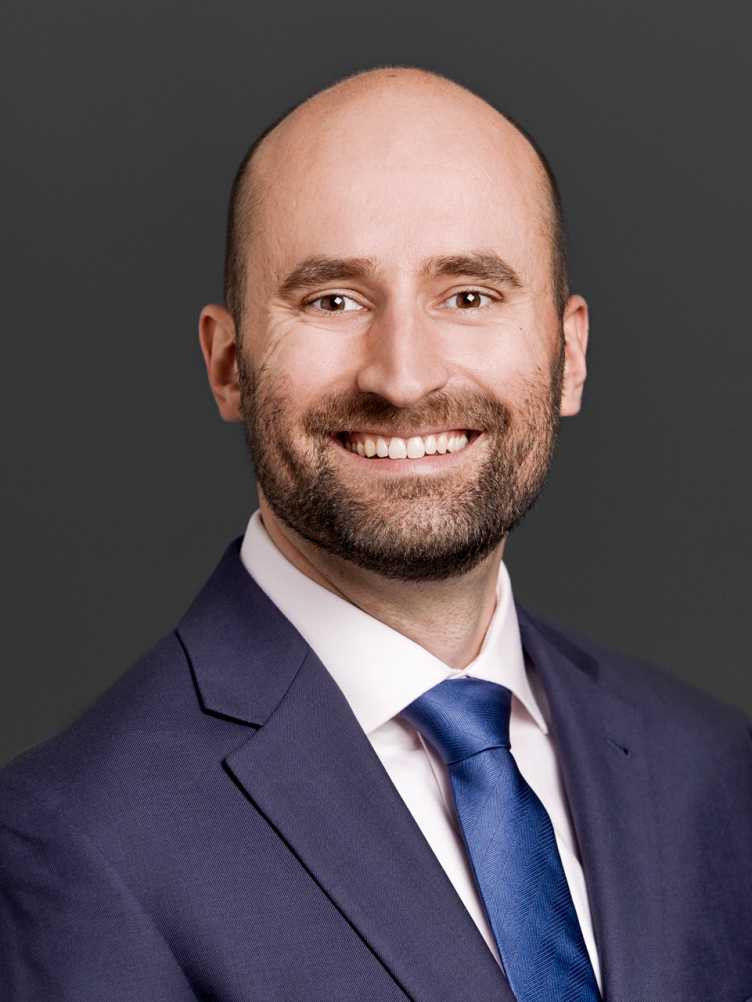Rethinking Robotics
Robert Katzschmann has been appointed Tenure Track Assistant Professor of Robotics at the Department of Mechanical and Process Engineering. Starting 1 July 2020, the 33-year-old German will join the recently founded Center for Robotics and the Institute of Robotics and Intelligent Systems with his expertise in the field of soft robotics.

What is the goal of your research?
I want to build robots in a fundamentally different way. They should become more flexible and adapt better to their environment. I therefore develop soft robots for which I use novel sensors and compliant materials whose properties resemble those of living organisms. These robots can be used more flexibly and are safer than conventional ones when interacting with humans due to their soft structure.
What fascinates you about this topic? What are the biggest challenges?
Classical robotics is based on highly simplified modelling of the kinematics and dynamics. Thus, the system components of robots were designed as rigidly as possible and the freedom of movement was restricted to few dimensions. With Soft Robotics we want to break the previous paradigm. Therefore, we are facing completely new challenges in terms of materials, sensors, modeling, control and machine learning.
In which area do you see the greatest potential for robotics?
The development of new materials as well as manufacturing and control technologies will allow us to build new robots from scratch, which will have a structure that is much more similar to living beings and which will thus be able to overcome many challenges that have not yet been solved in robotics. For example, future robots might be able to develop skills such as manipulating and changing objects of any position or alignment or running a “Parkour” course as elegantly as a human does.
Why are you now switching from industry back to research and - at the same time - returning to Europe after a long time in the US?
The research possibilities at robotics companies are limited, and research results have to be applied to an actual product within a few months. This limited my research activities, so the call to ETH Zurich came at the right moment. In my opinion, Switzerland as a location offers great opportunities for cooperation with many academic and industrial research institutes and access to funding is better than in the US. Furthermore, my whole family lives in southern Germany.
What is important to you in teaching?
It is important to me to teach my students and doctoral students both in-depth technical basics and critical thinking skills. I think that students are particularly motivated to experience robots in practical demonstrations. Therefore, I plan to bring a robot to each of my lectures in order to demonstrate our research progress on site.
What do you recommend to students - business or science?
That really depends. I have worked in science as well as at several start-ups and large companies. When a student is fascinated to explore a research topic in depth over many years, then I recommend staying in science. Personally, however, I am also a big fan of start-ups. As a founder or as an employee of a young enterprise you can and must learn an incredible number of new skills in an extremely short time – and you can shape and develop many things yourself.
What do you do to balance your work?
I love to go hiking and climbing with my family in the mountains. I also go indoor climbing or swimming every week, and I run many errands by bike. Ever since I was a child I have been skiing and snowboarding, which of course makes Switzerland a very attractive destination.
Short profile
- 2019-2020 CTO, Dexai Robotics, Boston, USA
- 2018-2019 Applied Scientist, Amazon Robotics, Boston, USA
- 2018 Postdoctoral researcher, Massachusetts Institute of Technology, USA
- 2013-2018 PhD in Mechanical Engineering, Massachusetts Institute of Technology, USA
- 2012-2013 Systems Engineer, Auris Health, Redwood City, USA
- 2012 Diploma thesis in robotics, Stanford University, USA
- 2011 Industrial internship, ABB Robotics, Shanghai, China
- 2007-2012 Graduate engineer, Karlsruhe Institute of Technology (KIT), Germany